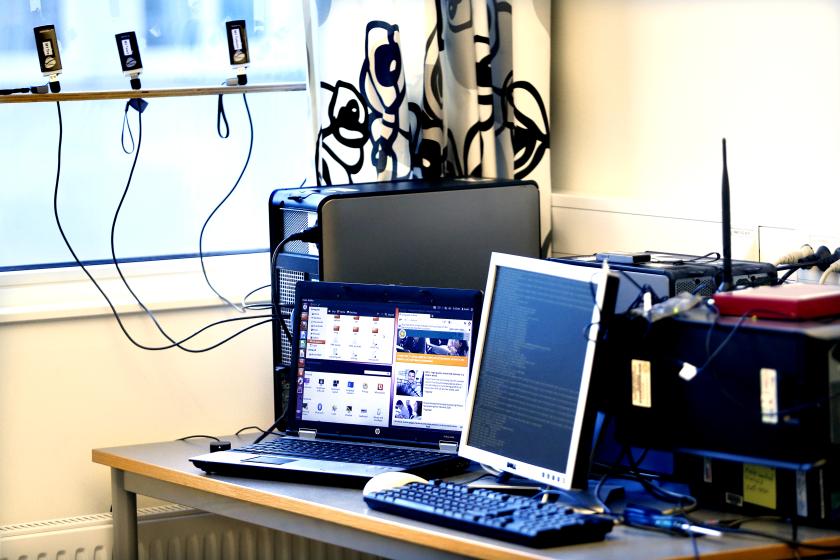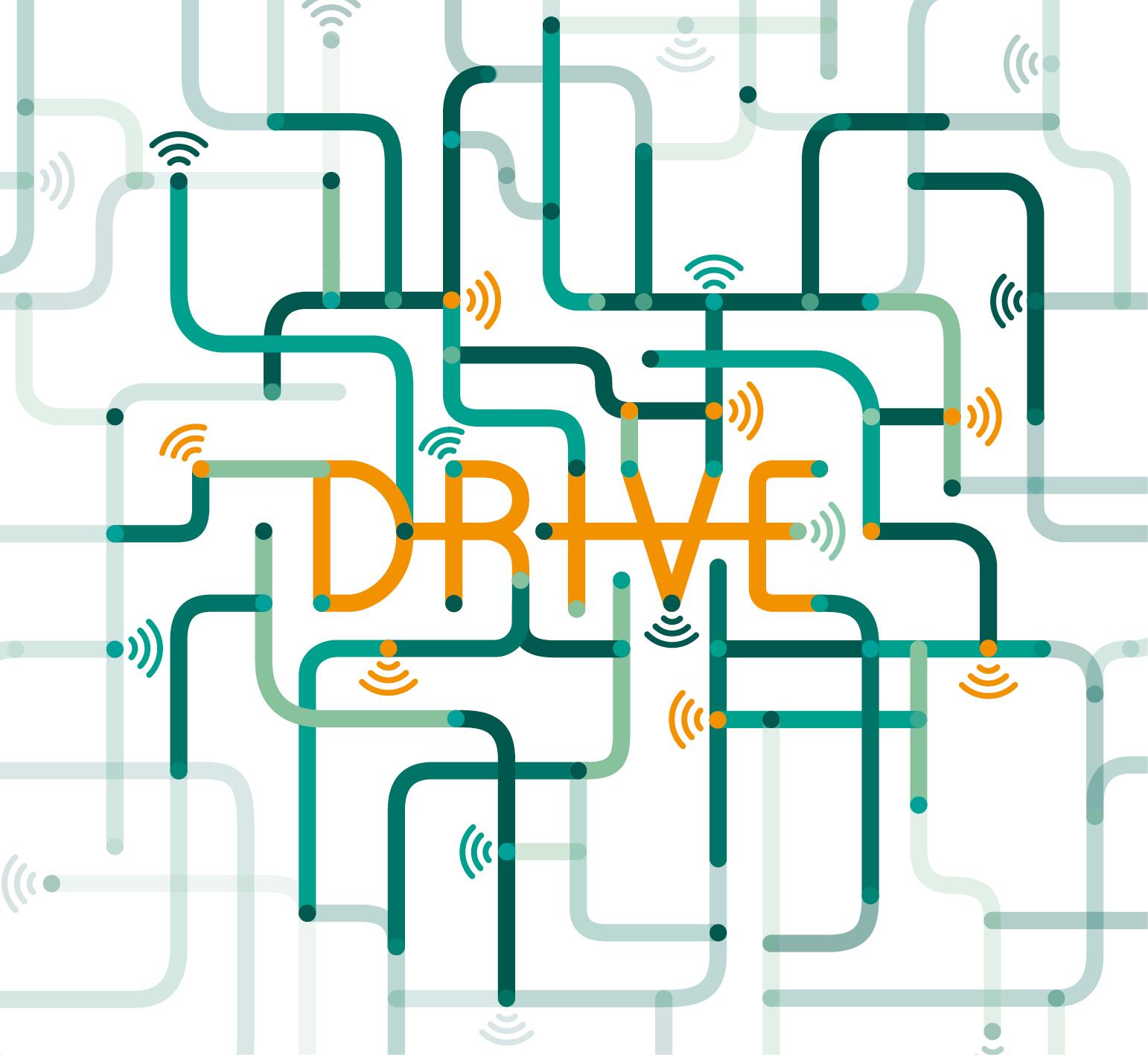News
-
2026-02-26
Karlstad University coordinates EU project on 6G
The EU-funded project PIONEERS-6G – Platform and Device Innovations for Energy-Efficient, Resilient, and Secure 6G IoT Systems, coordinated by Karlstad University with partners from six countries, aims to develop the mobile networks of the future with a focus on Internet of Things (IoT) services and applications.
6G is the sixth generation of mobile networks and the next step in the evolution of wireless communication. It is expected to be introduced in the 2030s and aims to offer higher speeds, lower latency, and more reliable connections than 5G. It will also be able to support a much larger number of connected devices simultaneously, ultimately fulfilling the requirements of several IoT scenarios.
-
2025-12-05
How 6G can transform healthcare education
The 6G-PATH project (6G-Pilots and Trials Through Europe), involving both Computer Science and Nursing recently presented its technology to an audience during a fully attended seminar.
The aim of the project is to advance education in health and medical care by using communication technologies such as 5G and 6G, combined with Extended Reality (XR) and Virtual Reality (VR).
The goal is to make healthcare education more realistic and flexible, for example through VR and remote training where simulators and equipment can be used outside traditional classrooms. The technology can also support healthcare personnel in acute situations by allowing experts to join remotely.
-
2025-11-13
DRIVE Annual Workshop 2025 attracted strong interest
This year’s DRIVE Annual Workshop brought together researchers, industry partners, and interested participants for two intensive days filled with presentations, discussions, and demonstrations.
New for this year was that the first part of the workshop was open to a broader audience, with the goal of spreading research results and creating new connections between academia and industry.
Open session focusing on current research
The open session began with welcome remarks from Karlstad University and Telia, followed by an introduction to the DRIVE project. After that, several current research contributions in networking, security, and artificial intelligence were presented.
-
2025-10-03
How do we achieve a more sustainable digital society?
Digitalization is growing rapidly, and we are more connected than ever. This development is driving up energy consumption, while at the same time the EU is imposing new requirements for lower energy use. Within the DRIVE project, research is being carried out to find solutions to this challenge.
By 2030, the 6G network is expected to be rolled out. 6G, the sixth generation of mobile communication networks, is based on advanced artificial intelligence and machine learning. A central focus of 6G is sustainability, with the goal that the technology will serve as a tool to promote the UN’s global goals. In a way to meet these goals researchers in DRIVE have tested new ways of managing IoT devices* that measure air quality and monitor machinery. These devices are often placed in hard-to-reach locations where battery replacement is costly and environmentally problematic.
-
2025-06-02
Computer Science theses presented at EPiCS
On May 27, computer science students presented their theses to an open audience that included companies, faculty, and fellow students.
The new format, where students give presentations of their theses, was introduced under the name EPiCS. It featured over 30 presentations held in three parallel sessions. The day concluded with a dinner in Building 21 in the evening.
One of the presentations was given by students Rasmus Melin and Simon Andersson. Their work on network measurements to improve the traffic analysis protection service DAITA attracted a full room of attendees.
-
2025-05-06
Karlstad University took the next step in groundbreaking 6G project
The 6G-PATH (6G-Pilots and Trials Through Europe) project at Karlstad University has entered a new phase where the technology is being tested in practice. The goal of the project is to enhance healthcare education by utilizing advanced communication technologies such as 5G and 6G, combined with Extended Reality (XR) and Virtual Reality (VR).
A central component of the project is the use of an advanced patient simulator, a manikin that can mimic various medical conditions and reactions. With the help of 6G technology, the manikin is planned to be used in more realistic environments, such as simulated accident scenes, providing students with a more authentic training experience.
"Advanced mobile technology enables interactive training in environments that were previously difficult to recreate in the classroom," says Anna Brunström, professor of computer science and project leader at Karlstad University.





